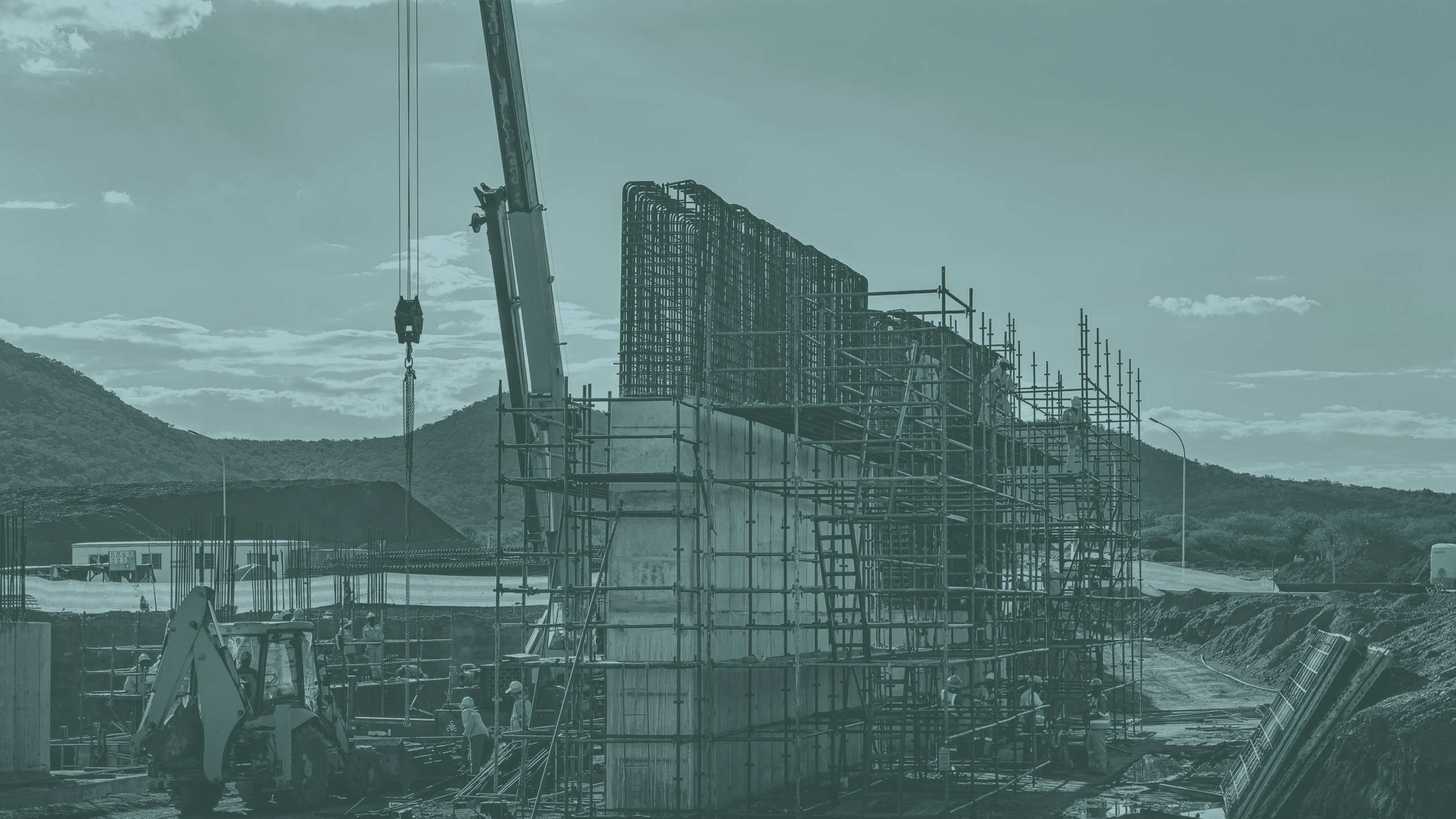The Future of Multilateral Development Banks
Multilateral development banks—the World Bank and two dozen regional and sub-regional MDBs—have led the global development agenda for decades, providing financing and knowledge services to support economic growth and improve living standards. In recent years, however, the global economic and political panorama has shifted, putting pressure on MDBs to adapt or lose relevance.
This research project seeks to understand i) what pressures MDBs are facing, ii) how different MDBs are reacting to those pressures and iii) what further reforms are needed to maximize the impact of their operations on development outcomes.
Specific themes addressed within this broad research agenda include:
- The workings of the MDB financial model and the use of innovative financing approaches
- The creation of new MDBs, such as the Asian Infrastructure Investment Bank and BRICS New Development BankThe recent rapid growth of smaller MDBs such as the Development Bank of Latin America and the Trade and Development Bank in eastern Africa
- Reforming MDB operational policies, such as environmental and social safeguards and policy-based lending, to better suit current social, economic and political realities among borrower nations
- The impact of a shifting geopolitical landscape – notably the rise of China and other emerging market nations as well as the retreat from multilateralism by the US under the Trump administration – on the governance and activities of MDBs
The MDB model is uniquely well-suited to help coordinate responses to development challenges, such as rising economic inequality and climate change. But some MDBs have been slow to adapt to new global realities. This project is intended to provide inputs to academic research on development as well as to policy makers seeking to improve the effectiveness of MDBs.
With funding from the Gates Foundation and in collaboration with Dr. Steven Ongena at the University of Zurich Institute for Banking and Finance, we investigate the engagement of MDBs with global capital markets. MDBs raise most of their resources from bond markets – making them, in a sense, the original impact investor – but almost no research has been done to understand how investors view MDBs compared to other bond issuers. Research results may have important implications for how MDBs raise development resources.
Researchers: Chris Humphrey
Publications
Humphrey, C. (2025). “external page Southern-led multilateral channels for climate finance.” ODI Working Paper 19 February 2025.
Humphrey, C. (2025). “external page What makes an MDB an MDB? Southern-led multilateral banks and the sovereign debt crisis.” ODI Working Paper 23 January 2025.
Kolasa, T., S. Ongena and C. Humphrey. (2024). “Multilateral development bank bonds as an emerging asset class.” ODI Expert Comment, 05 December 2024.
Kolasa, T., S. Ongena and C. Humphrey. (2024). “external page Multilateral development bank bonds.” Swiss Finance Institute Working Paper 24-87, 26 November 2024.
Kolasa, T., S. Ongena and C. Humphrey. (2024). “external page The resilience of MDB bonds to credit rating downgrades.” Swiss Finance Institute Working Paper 24-100, 27 November 2024.
Getzel, B. and C. Humphrey (2024). “external page Streamlining MDB environmental, social and procurement safeguards while maintaining high standards.” ODI Report written as background paper for the Brazilian G20 presidency, October 2024.
Humphrey, C., C. McHugh, E. White and B. Getzel (2024). “external page Maximising the developmental value of MDB callable capital: Project findings and path forward.” ODI Working Paper, 10 April 2024.
Humphrey, C. (2022). external page Financing the Future: Multilateral Development Banks in the Changing World Order of the 21st Century. Oxford: Oxford University Press.
Oteh, A., R. Karsenti, E. Nelson and C. Humphrey. (2022). external page Reforming capital adequacy at MDBs: How to prudently unlock more financial resources to face the world’s development challenges. ODI Policy Briefing, September 2022. London: ODI.
Humphrey, C. and Y. Chen (2021). Download China and the multilateral development banks: evolving strategies of a new power. (PDF, 609 KB) ODI Policy Paper.
Humphrey, C. (2021). New shareholders for multilateral banks: a viable approach to increase development finance? ODI Briefing Paper.
Brugger, F. and Humphrey, C. (2020). The Role of Multilateral Development Banks in Financing the Sustainable Development Goals. Policy Paper.
Humphrey, C. (2019), ‘external page Minilateral’ Development Banks: What the Rise of Africa's Trade and Development Bank says about Multilateral Governance. Development and Change, 50: 164-190.
Humphrey, C. (2020). external page From Drawing Board to Reality: The First Four Years of Operations at the Asian Infrastructure Investment Bank and New Development Bank. Working paper of the Inter-Governmental Group of 24 and Boston University Global Development Policy Center, April 2020.
Humphrey, C. and K. Michaelowa (2019). external page China in Africa: Competition for traditional development finance institutions? World Development 120: 15-28.
external page He Who Pays the Piper Calls the Tune: Credit Rating Agencies and Multilateral Development Banks, Review of International Organizations, January 2017
